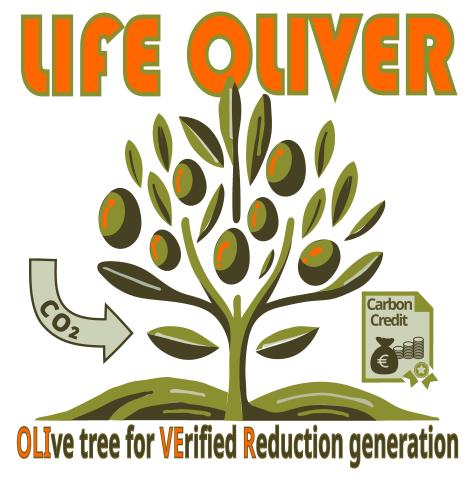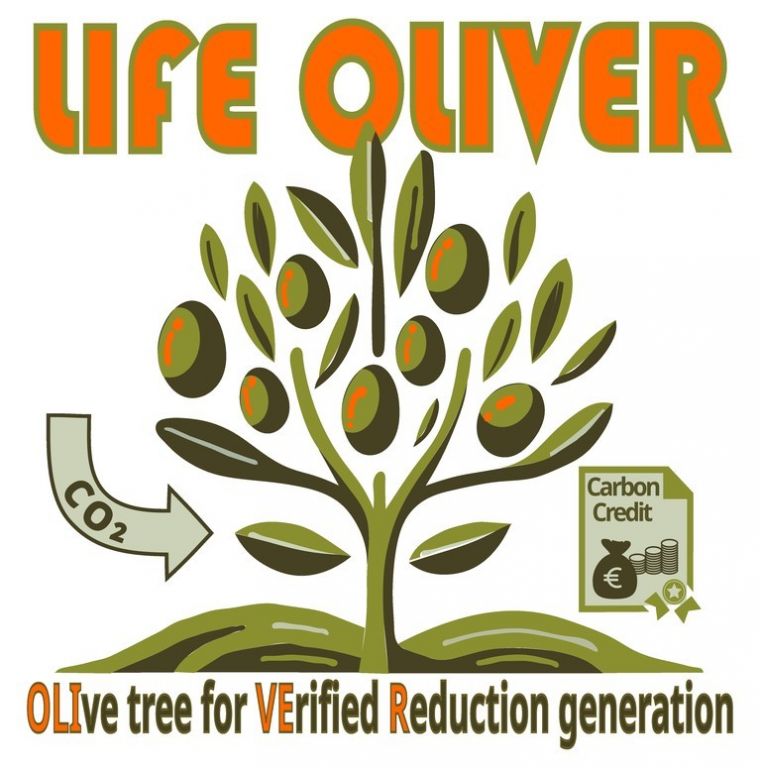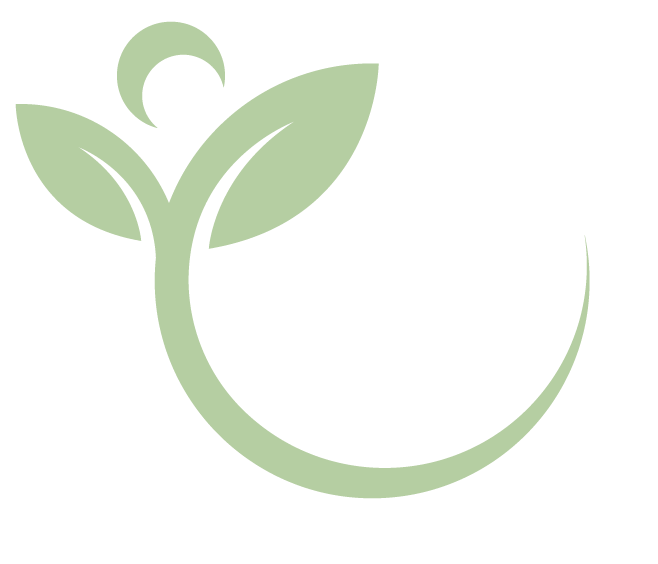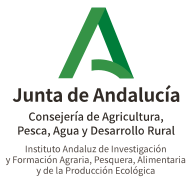LIFE OLIVER



The University of Perugia is coordinating the OLIVER project, funded under the European Union's LIFE programme.
OLIVER aims to develop and certify an international standard that allows olive oil producers to access the carbon credit market, enabling olive farms to sell their carbon certificates obtained through the adoption of specific agronomic practices.
WHY THE OLIVE TREE CULTURE?
The olive oil sector is identified as a pilot field of application because the olive grove is the first tree crop in terms of surface area in the EU, covering about 40% of the total area devoted to tree crops in the EU (about 5.14 out of 11.4 million hectares) (Faostat, 2020) while in the EU Mediterranean countries it accounts for 45% of the area under tree crops.
It follows that the improving agronomic practices in olive cultivation can have a significant impact at a global level on reducing emissions and increasing greenhouse gas (GHG) sequestration.
Olive groves are often located in marginal areas, which are at risk of abandonment due to economic unsustainability.
The abandonment of olive groves leads to the loss of important ecosystem services (landscape, biodiversity, carbon sequestration, etc.). Therefore, the project aims not only to increase the environmental sustainability of the crop, but also to improve economic sustainability. This is achieved by allowing olive growers both to sell carbon credits and to create added value to the product as it comes from a low or zero-impact supply chain.
PROJECT HIGHLIGHTS
This project has the ambition to have a substantial impact on the Greenhouse Gas (GHG) balance of the Mediterranean olive crop, considering that this crop covers about 4.6 million hectares in the EU and that therefore an improvement in the GHG balance of this crop would have a significant overall impact. To support this purpose, LIFE OLIVER aims to develop a financial incentive based on the sale of carbon credits, resulting from the adoption of a carbon farming approach in olive grove management, on the voluntary carbon credit market.
OBJECTIVES & SCOPE
The project aims to:
- promote agronomic practices useful to increase the carbon sequestration in the soil or to reduce GHG emissions to increase the environmental sustainability of olive grove;
- calculate the avoided GHG emissions and the increase in carbon sequestration achieved through the application of sustainable agronomic practices in olive cultivation;
- calculate the related carbon credits, establishing a regulatory framework and certification protocol for the agricultural sector to access the carbon-credit market;
- provide farmers with a tool that evaluates the environmental sustainability, expressed in terms of CO2 impacts of agricultural practices having greater sustainability applied to olive tree cultivation and quantifies the economic benefits that derive from it;
- sell these credits on the voluntary market, providing the farms with a positive economic return and image;
- constitute a practical application case for oliveculture, suitable also for the other tree crops.
MAIN EXPECTED RESULTS
- Definition of a protocol for the agricultural sector (specifically olive growing), verified by a Certification Body (Bureau Veritas) and presented to the International Standard for validation to enable farms to access the voluntary carbon credit market.
- Application of sustainable agronomic practices defined in the OLIVER Protocol to generate carbon credits; the effects will be multiple:
- reduction of GHG emissions (from 0.52 tCO2eq/ha/year to 0.4 tCO2eq/ha/year);
- increase of carbon sequestration (by 0.5 t CO2/ha/year);
- improvement of soil quality (more organic matter, less chemical fertilizers, etc.);
- preservation of biodiversity, with particular reference to old local cultivars, in olive groves saved from abandonment;
- reduction of the climate vulnerability of the area cultivated;
- obtaining additional income from the sale of Carbon credits, Ecolabel certification and improvement of the image of the farm (with the consequent added value of its products).
NEXT STEPS
Starting with the olive crop, which is the largest tree crop in the EU, the project aims to define a carbon credit certification standard that can be applied, with appropriate adaptations, to other Mediterranean tree crops.
The results of this project will encourage many other olive farms to follow the same path, greatly increasing the impacts of the project.
PROJECT PARTNERS
11 partners located in Italy, Spain and Greece are participating in the project:








